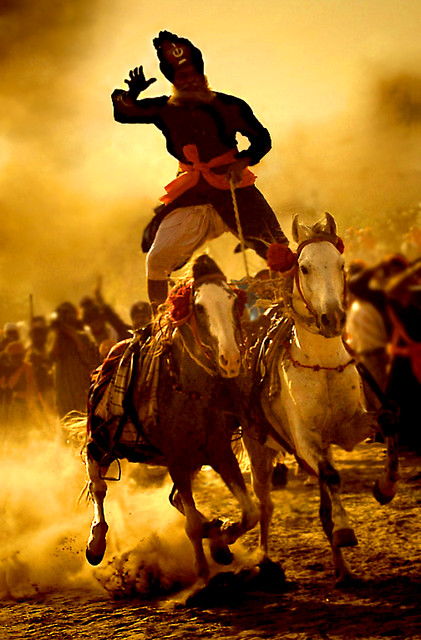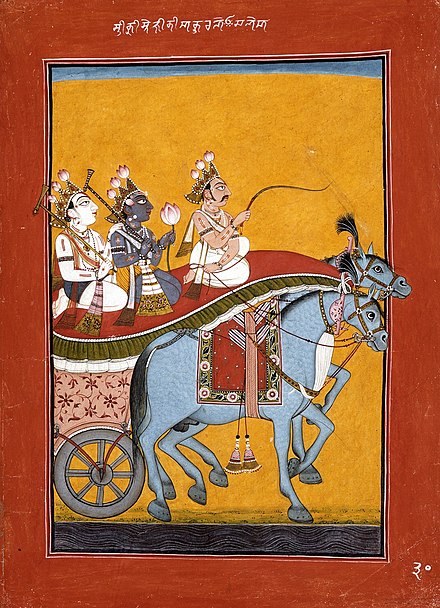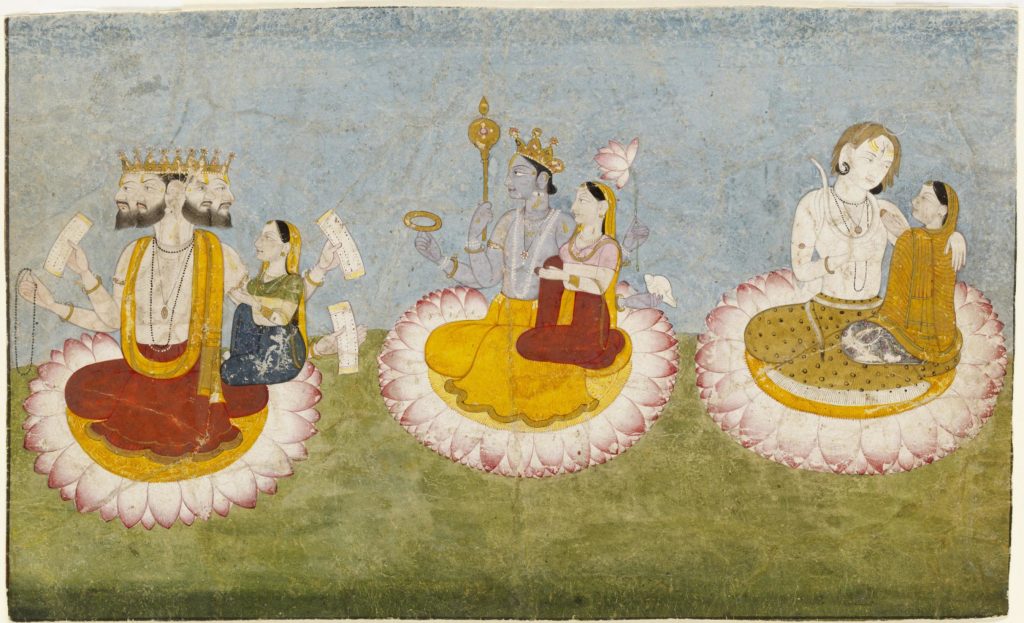Discover Hola Mahalla, a lively Sikh festival following Holi, featuring martial arts displays and colorful processions at Anandpur Sahib. Celebrate heritage!
Discover how Akrura, Sri Krishna's uncle and ally, achieved salvation through devotion, playing pivotal roles in epic battles and divine plots
Discover the vibrant Baisakhi festival, marking the Sikh Khalsa's birth and harvest joy with dance, music, and rituals every April 13 or 14. Celebrate Sikh traditions!
BIBIPUR KHURD, locally called Bipur, is a small village in Patiala district, 8 km southeast of Ghuram (30° 7`N, 76° 28`E). It has a historical shrine, Gurdwara Patshahi Nauvin, sacred to Guru Tegh Bahadur, who visited the site during one of his travels through Malva and Bangar regions. The Gurdwara, out in the fields, is a single rectangular room, with a 4metre wide verandah in front, built in 1964. It is managed by a village committee. Special divans take place on the first of every Bikrami month, and an annual festival is held on the occasion of Hola Mohalla, recalling the Festival of Procession at Anandpur Sahib in the month of March.
Explore Gurdwara Holgarh Sahib, a site rich in Sikh history where Guru Gobind Singh transformed Hola into a martial celebration. Visit for annual festivities.
Discover Maghi, a vibrant Indian festival commemorating bravery and new beginnings. Experience bonfires, rituals, and cultural festivities this January.
Explore the significance of Abhich, a sacred planetary conjunction celebrated by Hindus. Learn about its link to Guru Amardas and Guru Granth Sahib.






